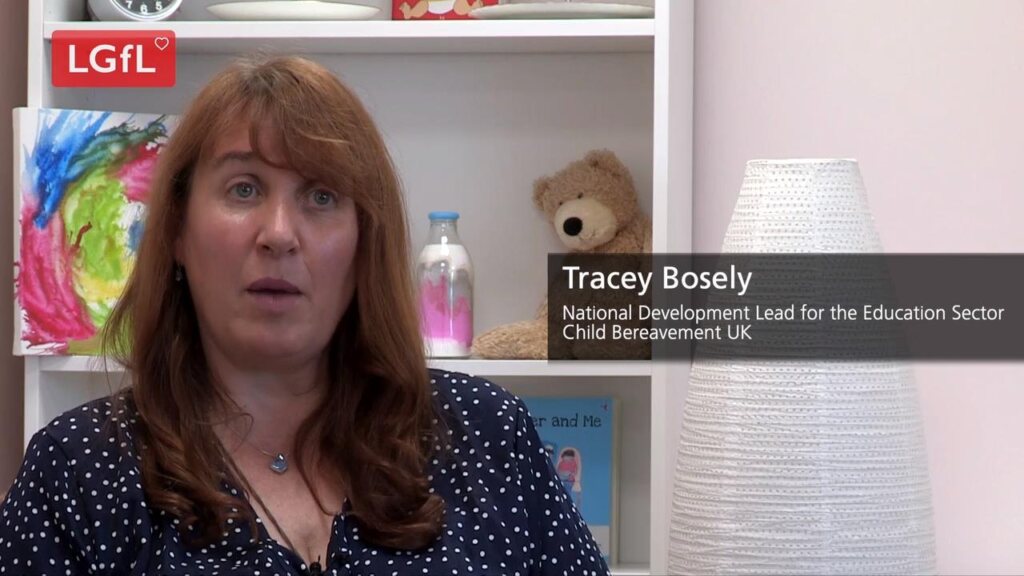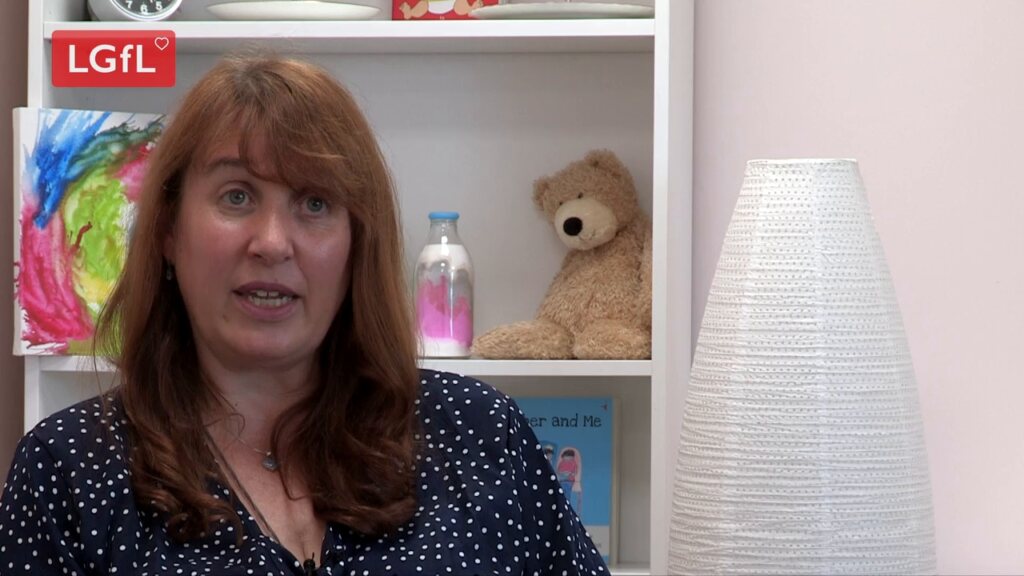Secondary/High School Content
Activity 3: Explore the positive and negative uses of social media when someone has died

Supporting Content
Use examples – posting images of a car accident moments after it happened, a friend posting a photo of them as a baby with their Dad captioned ‘Missing you always’
Watch the short clips below:

Activity ideas
Consider helpful things to say to someone who is grieving. Is it different on social media? Should you share information about someone who has died? What is the difference between a supportive comment and something unhelpful? Will everyone react in the same way? Does it depend how well you know the person who is bereaved?
Share ideas and discuss phrases which seem helpful to:
- Create a bereavement guide for other young users of social media ‘How to…’
- Draw a comic strip, or a storyboard for a film to explain what to say to a bereaved friend.
- Design your own cards or messages which could be sent to a bereaved friend as an alternative to the ‘With sympathy’ cards.

Reflection and Support
Remind pupils that emotional reactions are normal and may be experienced at any time. Signpost to how pupils can access support through school and other organisations.
Think about what we can control and what is outside of our control. We often spend too much time worrying about things we cannot control. We cannot change events, but we can make a difference when someone is grieving. They might not be able to tell us, but these small things can make a big difference. Friends are very important when someone has died. Think of three ways to be a good friend when someone is grieving.
Suggestions - check in with them to see how they are getting on, ask what you can do to help them, remind them that you are there for them, try to be patient if they seem a bit angry or distracted, let them know it is OK to not be OK all the time, talk to an adult if you are worried about them, offer to help them catch up any work they missed at the time of the death/funeral.
For staff – plan something together as part of the debrief. This could be a walk and talk or tea and cake after school, or at lunchtime. Signpost to support and check in with each other.




